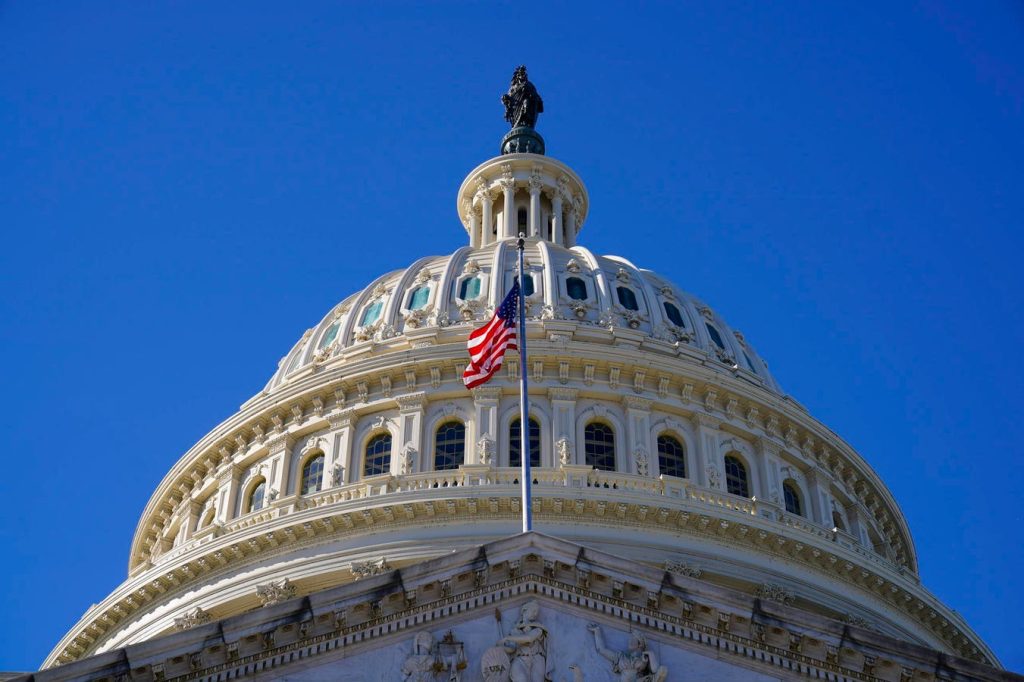The U.S. banking system, fortified by over a decade of post-crisis regulations like Dodd-Frank and Basel III, entered the Trump administration in a position of strength, characterized by robust capitalization and liquidity. This stability, a critical underpinning of the American economy, was a hard-won achievement following the 2007-2009 financial crisis. However, the looming threat of deregulation and weakened supervisory oversight posed a significant risk to this progress, jeopardizing the financial well-being of the nation. Key indicators of banking health, including capital adequacy, asset quality, earnings, liquidity, and sensitivity to market risk, painted a positive picture at the outset, suggesting a high CAMELS rating – a supervisory framework used to assess banking institutions. Yet, the potential for regulatory rollback threatened to unravel these gains.
The strength of American banks rested on their robust capitalization, enabling them to absorb unexpected losses. Equity capital, the most resilient form of capital, had seen growth, and the vast majority of U.S. banks were deemed well-capitalized. Asset quality also remained healthy, with a low ratio of past-due and nonaccrual loans, further bolstered by ample allowances for potential credit losses. Bank earnings were at record levels, demonstrating the sector’s resilience despite increased compliance costs associated with post-crisis regulations. Furthermore, the banking system maintained a high level of liquidity, crucial for navigating financial shocks, with a significant portion of assets readily convertible to cash. Lower interest rates in 2024 also provided relief to banks with trading books, reducing unrealized losses and stabilizing the sector.
Despite these positive indicators, the horizon was clouded by the potential for regulatory dismantling under the Trump administration. Lobbying efforts had already stalled the implementation of the final Basel III rules, delaying crucial capital, credit, and liquidity regulations. This, coupled with the potential for weakened supervisory oversight, posed a substantial threat to the banking system’s stability. On-site bank exams and off-site supervisory exercises like stress tests were vital tools for ensuring prudent risk management, yet their efficacy could be undermined by political influence. The precedent set by the Economic Growth, Regulatory Relief, and Consumer Protection Act (S-2155), which weakened regulations for certain banks, served as a cautionary tale. The author argues that this deregulation contributed to the subsequent failures of several institutions, highlighting the critical role of robust oversight in preventing excessive risk-taking.
While overall asset quality remained healthy, warning signs emerged in specific areas. Although commercial loan defaults were low, consumer defaults were on the rise, particularly in credit card, multifamily, commercial real estate, and auto loans. These increases were driven by persistent inflation, which continued to strain household finances. The author warned that Trump’s proposed policies, including deportations and tariffs, could exacerbate inflation, further increasing the risk of widespread defaults. Although banks had maintained healthy allowances for credit losses, these reserves had begun to decline, raising concerns about their adequacy in the face of rising default probabilities. The author stressed the need for increased, not decreased, credit loss provisions given the inflationary environment.
Liquidity, another key indicator of banking health, also showed signs of potential vulnerability. While liquid assets remained at reasonable levels throughout 2024, they had begun to decline in the third quarter. The combination of deregulatory pressures and inflationary risks necessitated an increase in high-quality liquid assets to buffer against potential shocks in the credit or stock markets. The author urged legislators and regulators to resist pressure from bank lobbyists, emphasizing the importance of prioritizing the safety and soundness of the banking system over short-term profits. Historical precedent demonstrated the dangers of deregulation, which invariably leads to excessive risk-taking and ultimately, financial instability.
The author’s concern stemmed from decades of experience in the financial sector, witnessing the cyclical nature of deregulation and subsequent crises. The parallels between the pre-2007 environment and the potential regulatory rollback under the Trump administration were striking, raising the specter of another financial meltdown. The author’s previous warnings about the dangers of deregulation, unfortunately proven correct by the bank failures of 2023, underscored the importance of maintaining strong regulatory safeguards. The article served as a stark reminder that the stability of the banking system is inextricably linked to the financial well-being of American households and the broader economy. The potential consequences of regulatory dismantling, driven by short-term profit motives, could inflict significant harm on individuals and the nation as a whole.










